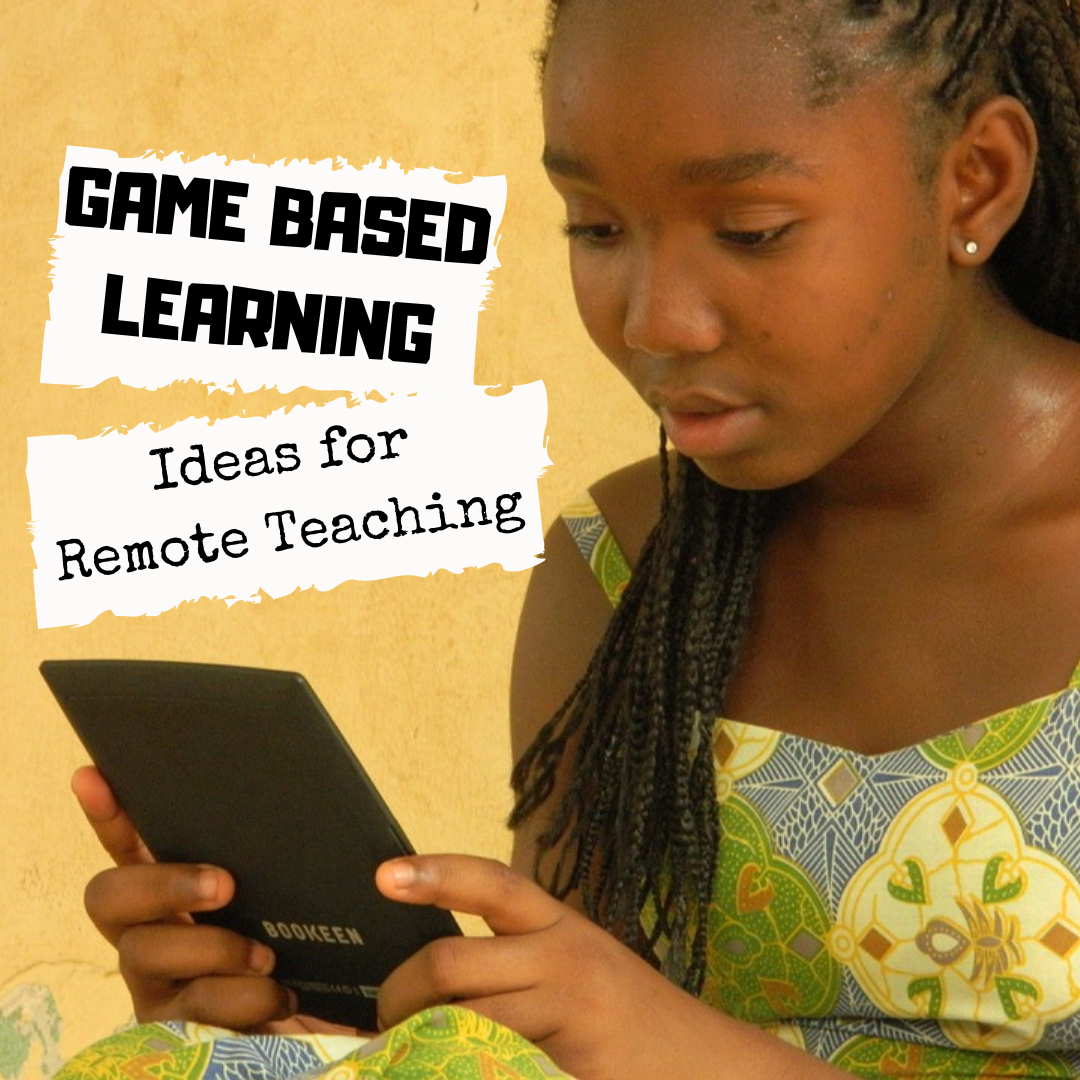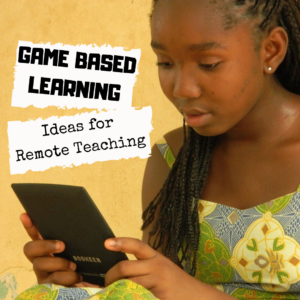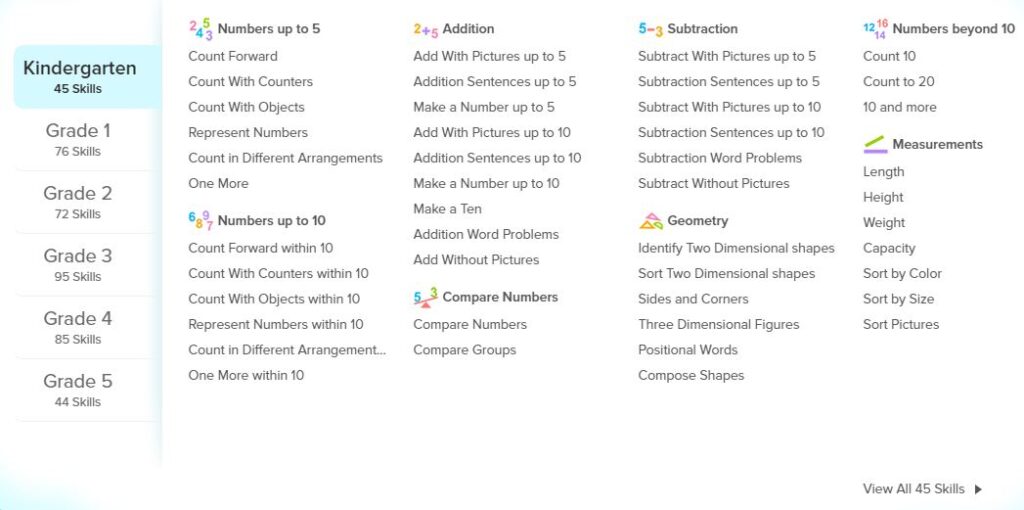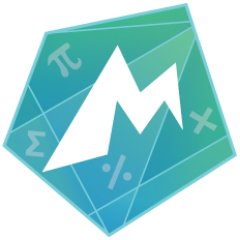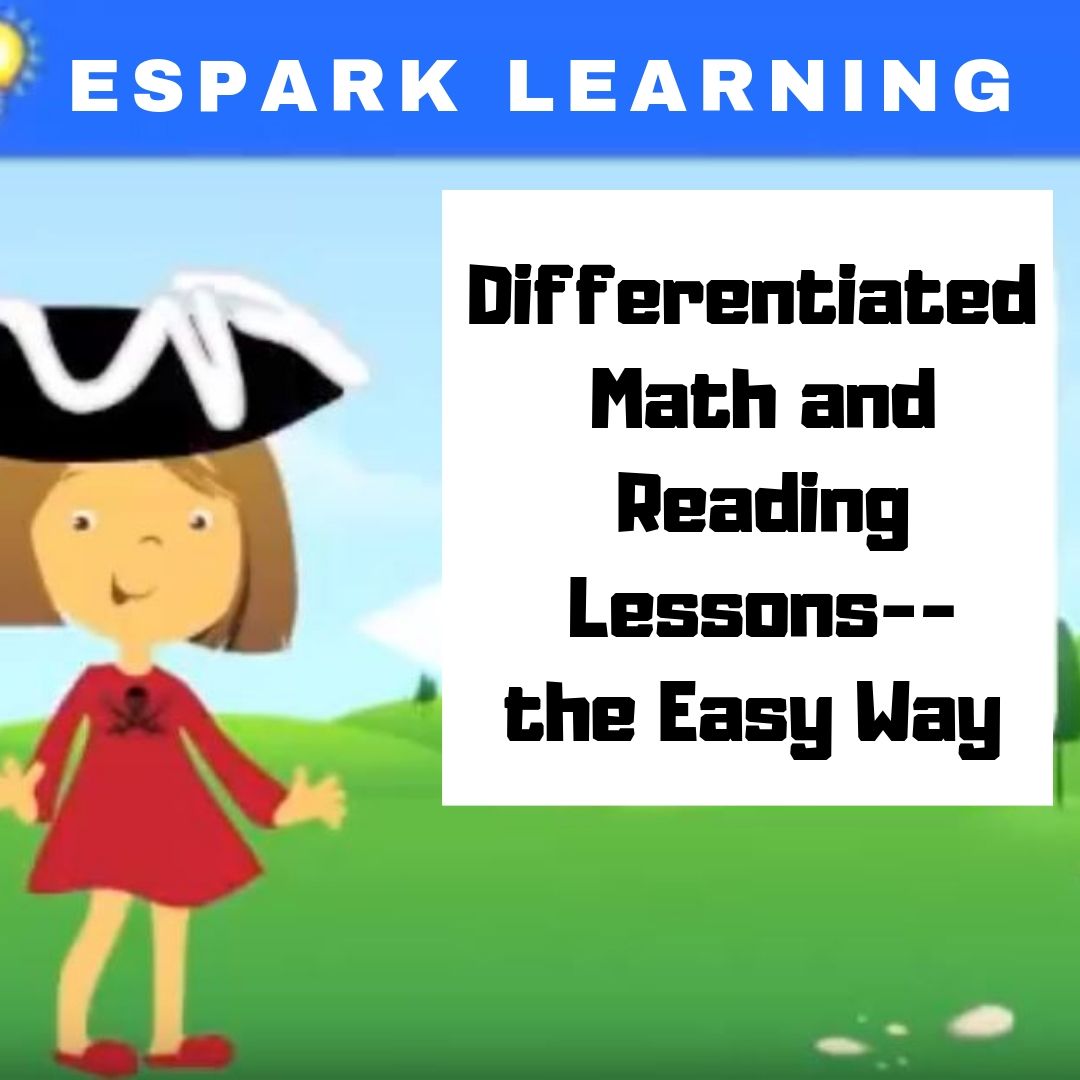Category: Math
Why Game Based Learning Is the Right Choice for Remote Teaching
I don’t know many kids who aren’t excited to play games. Savvy educators have built lesson plans based on this interest for years. Today, because of the changes in education, the use of games to reinforce learning, to teach, and to engage students in their own education has become one of the most effective tools to bridge the gap between school-based and remote learning. Here’s what a joint study from Legends of Learning and Vanderbilt University found:
“…students who played the games outperformed their peers on standardized tests. Additionally, teachers saw dramatic increases in engagement and performance. “
In fact, 92% of teachers indicated they would like to use curriculum-based games in the future.
What is GBL
What is this magic wand? It’s called Game Based Learning (GBL). It simply means teachers include games in their lesson plans to teach curricular concepts. By using the games kids already love–want to play–GBL has an opportunity to turn students into lifelong learners who enjoy learning.
Good example of GBL: SplashLearn
A good example of game based learning is the free-to-teachers program called SplashLearn. SplashLearn is an easy-to-use COPA-compliant, Common Core-aligned math curriculum for grades Kindergarten-5th that uses game-based learning to teach mathematical concepts. Students learn specific skills assigned by the teacher (to a group or individual) by playing age-appropriate, intuitive games based on appealing characters and fun interactions. These are welcome alternatives to the rote drill that many of us grew up on.
Share this:
- Click to share on Facebook (Opens in new window) Facebook
- Click to share on X (Opens in new window) X
- Click to share on LinkedIn (Opens in new window) LinkedIn
- Click to share on Pinterest (Opens in new window) Pinterest
- Click to share on Telegram (Opens in new window) Telegram
- Click to email a link to a friend (Opens in new window) Email
- More
Stem Education in 2020
A growing focus of schools is STEM. Ask a Tech Teacher contributor, Brianna, has some general observations about STEM education in 2020:
Stem Education in 2020
About two decades ago, the sciences were not so popular among younger generations. People keen on mathematics, physics, or IT were awe-inspiring and seemed to have supernatural abilities. But, the importance of sciences and technologies has grown; that’s why professionals in certain fields have become headhunters’ “targets.” The world’s workforce lacked a lot of science specialists, that is why STEM education became more popular.
So, what is STEM education? STEM is an acronym that stands for science, technology, engineering, and mathematics. These subjects are being taught cross-disciplinary and in a complex which refers to real situations. This approach fosters the motivation of students which tend to make use of essay help service and tutors to have work done. You might think that there can be nothing new about STEM education in K-12 and higher education. Still, there are several facts you may want to know about.
The Role of Technology
The essential component in 2020 is a T-part of STEM – Technology. It is not only an object of education but a necessary and irreplaceable means of teaching STEM as well. For several years now, we observe a rapid growth of online and remote teaching, learning, and even practicing. Education in various disciplines has undergone significant change with the introduction of VR and AR into the classrooms. Now it is possible to create virtual reality and virtual laboratories for students to practice in. And this is only a small part of the technologies’ influence on modern life and education.
Grants and New Opportunities
Currently, numerous STEM courses and grants are launching in many universities and organizations. Moreover, famous corporations and brands are funding them, making it possible for students with limited financial possibilities to get quality education free of charge. Such examples are Ford Motor, Toyota Foundation, and Toshiba. They offer grants not only to students of higher education institutions but at a school level too. The NEA Foundation also promotes grants and projects to underserved communities that do not have access to a quality education process and resources.
Share this:
- Click to share on Facebook (Opens in new window) Facebook
- Click to share on X (Opens in new window) X
- Click to share on LinkedIn (Opens in new window) LinkedIn
- Click to share on Pinterest (Opens in new window) Pinterest
- Click to share on Telegram (Opens in new window) Telegram
- Click to email a link to a friend (Opens in new window) Email
- More
15 Websites to Teach Financial Literacy
 When kids read that America’s $23 trillion+ debt is accepted by many experts as ‘business as usual’, I wonder how that news will affect their future personal finance decisions. Do they understand the consequences of unbalanced budgets? The quandary of infinite wants vs. finite dollars? Or do they think money grows on some fiscal tree that always blooms? The good news is: Half of the nation’s schools require a financial literacy course. The bad new is: Only half require a financial literacy course.
When kids read that America’s $23 trillion+ debt is accepted by many experts as ‘business as usual’, I wonder how that news will affect their future personal finance decisions. Do they understand the consequences of unbalanced budgets? The quandary of infinite wants vs. finite dollars? Or do they think money grows on some fiscal tree that always blooms? The good news is: Half of the nation’s schools require a financial literacy course. The bad new is: Only half require a financial literacy course.
If your school doesn’t teach a course about personal economics, there are many online sites that address the topic as mini-lessons. Some are narrative; others games. Here are fifteen I like. See if one suits you:
Admongo
Age group: Middle school
Through this interactive video game, students learn to identify advertising and understand its messages with the goal of becoming informed, discerning consumers. To win the game, they will have to answer questions like, “Who is responsible for the ad?”, “What is the ad actually saying?”, and “What does the ad want me to do?” For educators and parents, Admongo includes tools like videos, lesson plans, printed materials, downloads, and alignment with state standards.
Admongo is put out by the Federal Trade Commission who also offers another well-received game, “Spam Scam Slam” about spam.
Banzai
Age group: middle and high school
Banzai is a personal finance curriculum that teaches high school and middle school students how to prioritize spending decisions through real-life scenarios and choose-
your-own adventure (kind of) role playing. Students start the course with a pre-test to determine a baseline for their financial literacy. They then engage in 32 life-based interactive scenarios covering everything from balancing a budget to adjusting for unexpected bills like car trouble or health problems. Once they’ve completed these exercises, they pretend that they have just graduated from high school, have a job, and must save $2,000 to start college. They are constantly tempted to mis-spend their limited income and then must face the consequences of those actions, basing decisions on what they learned in the 32 scenarios. Along the way, students juggle rent, gas, groceries, taxes, car payments, and life’s ever-present emergencies. At the end, they take a post-test to measure improvement in their financial literacy.
The program is free, takes about eight hours (depending upon the student), and can include printed materials as well as digital.
Share this:
- Click to share on Facebook (Opens in new window) Facebook
- Click to share on X (Opens in new window) X
- Click to share on LinkedIn (Opens in new window) LinkedIn
- Click to share on Pinterest (Opens in new window) Pinterest
- Click to share on Telegram (Opens in new window) Telegram
- Click to email a link to a friend (Opens in new window) Email
- More
World Maths Day–March 14
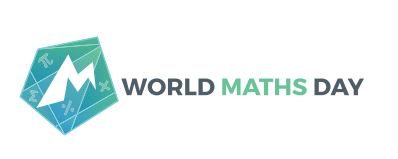 The first World Maths Day was held on March 14, 2007 (also Pi Day), and has ever since been held occasionally on the 1st Wednesday in March. March 2020 World Maths Day is one of the world’s largest global educational events aimed at lifting numeracy standards in a fun and meaningful way. Why not celebrate with your own fun maths teaching – take a look at our lovely supporting resources! Find out more at the World Maths Day Website
The first World Maths Day was held on March 14, 2007 (also Pi Day), and has ever since been held occasionally on the 1st Wednesday in March. March 2020 World Maths Day is one of the world’s largest global educational events aimed at lifting numeracy standards in a fun and meaningful way. Why not celebrate with your own fun maths teaching – take a look at our lovely supporting resources! Find out more at the World Maths Day Website
World Maths Day is a free, fun, online competition with up to 4 million students world-wide participating. The competition measures speed in arithmetic and numeracy skills on the Live Mathletics platform and runs for 48 hours and is open to all schools around the world. Students compete online with other students and top scores are displayed on a live ‘Hall of Fame’.
@worldedugames
More on math
Math Webtools to Support Any Curriculum
Pi Day is Easy to Remember–Celebrate With Students
Share this:
- Click to share on Facebook (Opens in new window) Facebook
- Click to share on X (Opens in new window) X
- Click to share on LinkedIn (Opens in new window) LinkedIn
- Click to share on Pinterest (Opens in new window) Pinterest
- Click to share on Telegram (Opens in new window) Telegram
- Click to email a link to a friend (Opens in new window) Email
- More
Integrate OUR Curricula into Your Kiddom Digital Platform
 I’m a big believer in online web-based curricula that can be accessed from any browser, any digital device, any location. It makes learning organic, part of life rather than something that must happen from a certain book or room. To me, the growing popularity of web-based curricula is no surprise. The problem is trying to blend them effortlessly into a class LMS or learning platform without lots of extra clicks and logins.
I’m a big believer in online web-based curricula that can be accessed from any browser, any digital device, any location. It makes learning organic, part of life rather than something that must happen from a certain book or room. To me, the growing popularity of web-based curricula is no surprise. The problem is trying to blend them effortlessly into a class LMS or learning platform without lots of extra clicks and logins.
Kiddom’s partnership with highly-rated Open Up Resources changes that. It is now possible to deliver curricula lessons and materials directly through the Kiddom platform. This includes:
- grades 6–8 Math curriculum
- EL Education K–5 Language Arts
- Reading with Relevance
Before I get into the details of this new relationship is, let me introduce the two partners–Kiddom and Open Up Resources.
Share this:
- Click to share on Facebook (Opens in new window) Facebook
- Click to share on X (Opens in new window) X
- Click to share on LinkedIn (Opens in new window) LinkedIn
- Click to share on Pinterest (Opens in new window) Pinterest
- Click to share on Telegram (Opens in new window) Telegram
- Click to email a link to a friend (Opens in new window) Email
- More
eSpark–Self-paced Learning for Math and Reading
 If you’ve heard the buzz about eSpark this summer at conferences or training sessions, you already know it’s more than “just another math and reading learning platform”. Sure, it is that but what sets it apart is eSpark’s clever blend of learning tools that encourage students to progress at their own pace in their own way, to review when needed and move ahead when they get it. Each targeted quest curates a collection of third-party apps, webtools, videos, games, and other resources that focus on particular math or reading skills identified by the teacher or from the student’s earlier work as an area of academic need.
If you’ve heard the buzz about eSpark this summer at conferences or training sessions, you already know it’s more than “just another math and reading learning platform”. Sure, it is that but what sets it apart is eSpark’s clever blend of learning tools that encourage students to progress at their own pace in their own way, to review when needed and move ahead when they get it. Each targeted quest curates a collection of third-party apps, webtools, videos, games, and other resources that focus on particular math or reading skills identified by the teacher or from the student’s earlier work as an area of academic need.
eSpark works on all devices–desktops, Chromebooks, iPads (with the free app)–pretty much whatever digital device you use in your classroom. In fact, some students can be working on Chromebooks while others use iPads. Because students log in, the program syncs between devices, starting students where they ended on their last visit.
What is eSpark?
Let me dig deeper. eSpark is a student-centered series of self-guided, self-paced PK-5 math and reading lessons that are based on class goals, teacher input, and individual academic need Students work independently, taking the time they need. Teachers monitor individual progress, see what each student completed on their last visit as well as when that was and how long it lasted, view students’ self-described moods, assess their pre- and post-quiz scores, and view their summative synthesis videos that provide evidence of their knowledge as they teach others what they just learned.
Right now, eSpark is only available for schools, not individual sign-ups (such as homeschoolers).
Share this:
- Click to share on Facebook (Opens in new window) Facebook
- Click to share on X (Opens in new window) X
- Click to share on LinkedIn (Opens in new window) LinkedIn
- Click to share on Pinterest (Opens in new window) Pinterest
- Click to share on Telegram (Opens in new window) Telegram
- Click to email a link to a friend (Opens in new window) Email
- More
Math Webtools to Support Any Curriculum
Math used to be a tedious memorization of facts and formulas. That changed somewhat when online worksheets allowed students to practice until they got it but it didn’t make it any more fun. Then that too changed when rote drills and worksheets were replaced with cerebral challenges and dynamic exercises. Thousands of students found out, to their surprise — and often, their parents — that they loved math. Here are five online math resources that will turn boring math into a favorite subject:
Share this:
- Click to share on Facebook (Opens in new window) Facebook
- Click to share on X (Opens in new window) X
- Click to share on LinkedIn (Opens in new window) LinkedIn
- Click to share on Pinterest (Opens in new window) Pinterest
- Click to share on Telegram (Opens in new window) Telegram
- Click to email a link to a friend (Opens in new window) Email
- More
Pi Day is Easy to Remember–Celebrate With Students
Throwback Day–I’ll republish this Pi Day post from last year, just to remind you of this wonderful mathematical event:
Pi Day is an annual celebration commemorating the mathematical constant π (pi). Pi Day is observed on March 14 since 3, 1, and 4 are the three most significant digits of π in the decimal form.
Daniel Tammet, a high-functioning autistic savant, holds the European record for reciting pi from memory to 22,514 digits in five hours and nine minutes.
Share this:
- Click to share on Facebook (Opens in new window) Facebook
- Click to share on X (Opens in new window) X
- Click to share on LinkedIn (Opens in new window) LinkedIn
- Click to share on Pinterest (Opens in new window) Pinterest
- Click to share on Telegram (Opens in new window) Telegram
- Click to email a link to a friend (Opens in new window) Email
- More
Math Games in the Classroom
Math games in the classroom have changed a lot in the last decades. Where they used to be fun ways to drill math concepts (with games like math bingo or math race cars), today’s games focus on higher-order thinking, sharing knowledge about math processes, and understanding concepts.
5 Popular Math Games in the Classroom
And they’re highly effective! Here are five clever approaches to gamifying your math lessons:
Gizmos
A favorite among math games in the classroom is a website called Gizmos. Gizmos offers over 400 math and science Gizmos (like super-charged simulations) that graph, measure, compare, and predict. It is aligned with most educational standards, runs on most digital devices (including desktops, Chromebooks, iOS, and Android), and can be used in whole group scenarios or 1:1.
Math Science Music
The free MathScienceMusic.org teaches STEM through music, using music to show real-world applications of mathematical or scientific concepts. It is designed for kindergarten through college and uses non-traditional methods to help students acquire STEM knowledge and think creatively. Where the content is somewhat limited, it is unique and may be the perfect approach for a diverse group of learners who might not think they like math.
Manga High
Online Manga High is a gamified math-learning ecosystem that teaches and reinforces a wide variety of math fundamentals from counting and number sense to beginning algebra and geometry. Students play the games at their own pace or work on teacher-assigned challenges. Students can earn medals, badges, and rewards, compete against students across the world, and take part in school-wide challenges against other schools. The content is aligned with Common Core Standards and includes not only math games but hundreds of tutorials and quizzes.
Planet Turtle
Planet Turtle teaches math while individualizing content for each student as they play. An advanced algorithm promotes students from one topic to the next as their learning progresses. Students scaffold math learning as the system continually reacts to their performance and provides additional exposure and review on necessary topics. Since the questions are interchangeable in activities, Planet Turtle provides appropriate content while letting students pick their favorite games. It is aligned with many math programs like Everyday Mathematics and Math Connects, as well as national math conventions.
PolyUp
Polyup is a web-based platform (and app) that provides gamified math challenges for all levels of students. With the help of a friendly avatar — Poly — students explore anything from simple operations to the Fibonacci sequence and the Birthday Problem. As students work, problems get progressively harder while offering a wide range of operations and functions to choose from. Students can even create and submit their own Poly Machines. Included on the website are teacher-oriented guides on how to use Polyup in the classroom.
Summary
These five only scratch the surface of the amazing world of gamified math lessons. What are your favorites?
More Classroom Math
Want more? Try 5 Math Games in the Classroom.
Jacqui Murray has been teaching K-18 technology for 30 years. She is the editor/author of over a hundred tech ed resources including a K-12 technology curriculum, K-8 keyboard curriculum, K-8 Digital Citizenship curriculum. She is an adjunct professor in tech ed, Master Teacher, webmaster for four blogs, an Amazon Vine Voice, CSTA presentation reviewer, freelance journalist on tech ed topics, contributor to NEA Today, and author of the tech thrillers, To Hunt a Sub and Twenty-four Days. You can find her resources at Structured Learning.
Share this:
- Click to share on Facebook (Opens in new window) Facebook
- Click to share on X (Opens in new window) X
- Click to share on LinkedIn (Opens in new window) LinkedIn
- Click to share on Pinterest (Opens in new window) Pinterest
- Click to share on Telegram (Opens in new window) Telegram
- Click to email a link to a friend (Opens in new window) Email
- More
Seven Fun Math Activities for the Summer Break
Summer can be a challenging time not just for parents but kids. They are accustomed to cerebral challenges that keep them motivated and summer arrives with its sports, naps, and vacations. If your kids miss the thrill of problem-solving or if you worry about them sliding backward without the mental exercise that is integral to school, ORIGO has come up with seven fun math activities that use a blend of popular math apps and everyday activities (like cooking) to fill the summer break with the excitement of math:
***
Seven Fun Math Activities for the Summer Break
The long weeks of summer break are wonderful for family time and vacations, but not so wonderful at keeping students on a positive learning curve. The Summer Slide is a very real issue, especially in mathematics instruction where students lose about one month of learning during the break and in some cases, 2.6 months of learning.
Share this:
- Click to share on Facebook (Opens in new window) Facebook
- Click to share on X (Opens in new window) X
- Click to share on LinkedIn (Opens in new window) LinkedIn
- Click to share on Pinterest (Opens in new window) Pinterest
- Click to share on Telegram (Opens in new window) Telegram
- Click to email a link to a friend (Opens in new window) Email
- More

